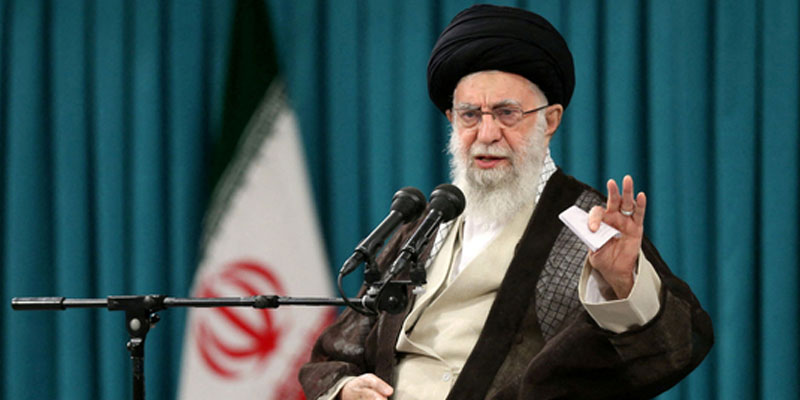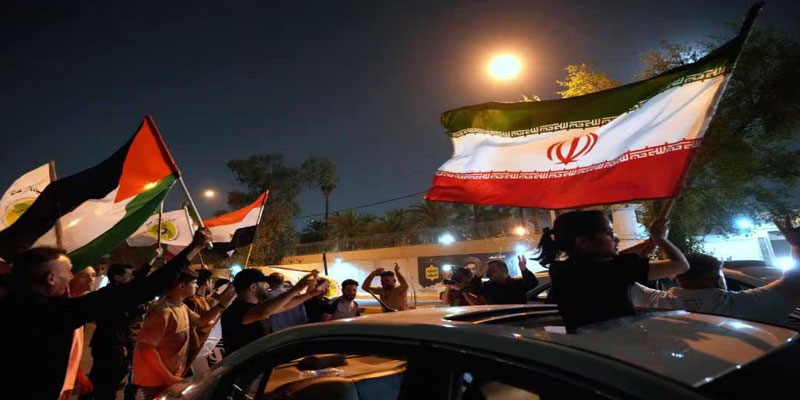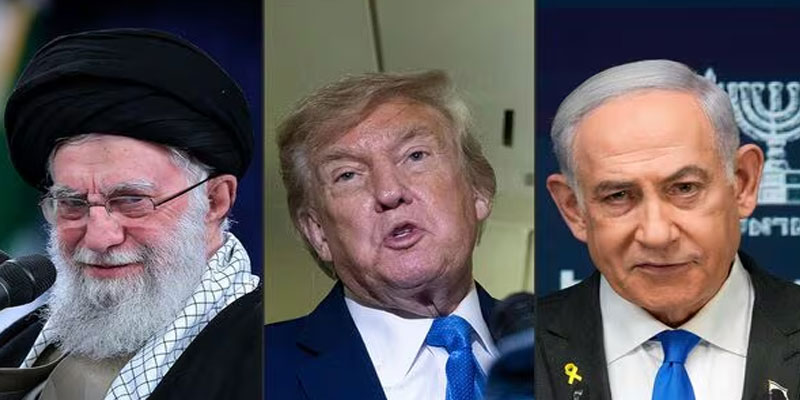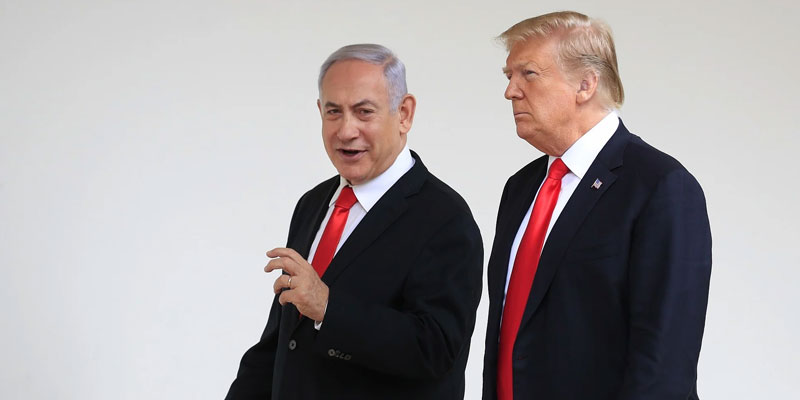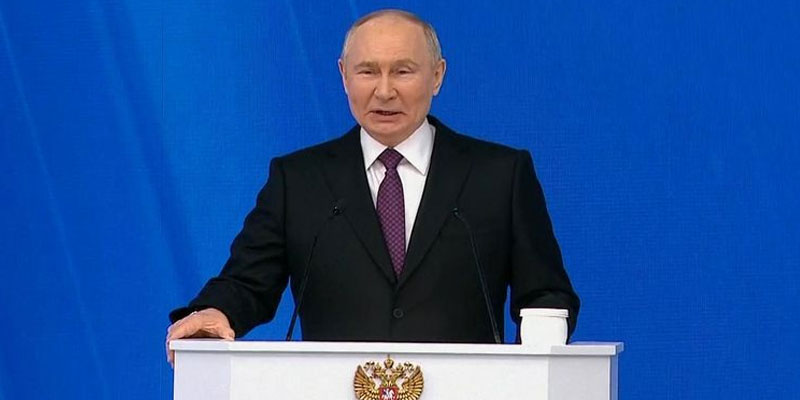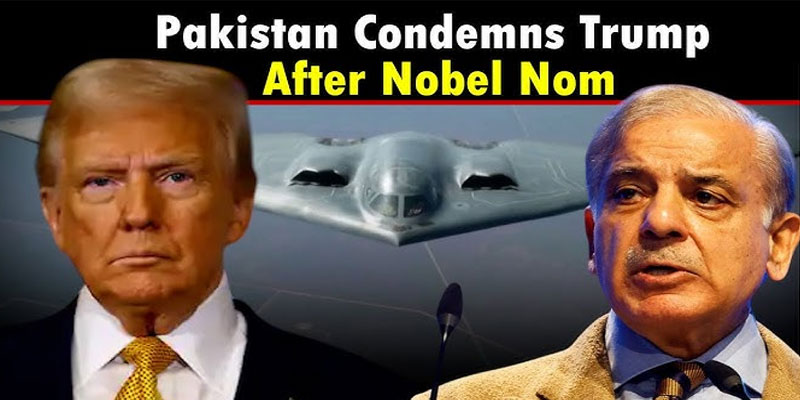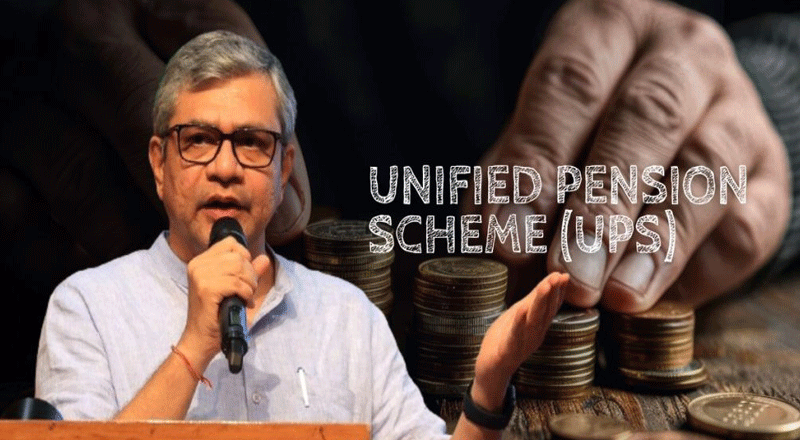A Closed-Door Season, An Open-Ended Silence
Amid mounting tensions between India and Pakistan following the deadly Pahalgam terror attack, the United Nations Security Council (UNSC) held a rare closed-door consultation on Islamabad's request. Framed as an urgent discussion to address regional instability, the meeting, however, concluded without any outcome, declaration, or even a statement. This non-decision reflects the deep fault lines in global diplomacy when national interests and regional conflicts intersect—especially involving nuclear-armed neighbours like India and Pakistan.
The UNSC Meeting: A Platform Misused
Held at the UN headquarters in New York, the closed-door session began on Monday afternoon and wrapped up early Tuesday with no resolutions adopted and no media statements released. Unlike formal sessions held at the symbolic horseshoe table of the UNSC chamber, this meeting took place in an adjoining room reserved for informal consultations—indicative of its limited scope and expectations.
At the centre of the discussion was Pakistan’s Permanent Representative to the UN, Asim Iftikhar Ahmad, who used the platform to raise long-standing issues, including Kashmir and India’s recent suspension of the Indus Waters Treaty. He accused India of military aggression and provocative rhetoric, attempting to link these developments to the broader regional instability.
However, there was a clear absence of resonance from other member states. No country endorsed Pakistan's stance, and none of the 15 member nations—of which Greece currently holds the presidency—issued any statement of support or concern. The silence from global powers reinforced the perception that Pakistan’s appeal lacked diplomatic traction.
Pakistan’s Deflection Tactics and India’s Calm Posture
Observers noted that Pakistan’s effort seemed more like a deflection tactic following the Pahalgam terror attack, which killed 26 civilians and drew international condemnation. Instead of acknowledging its own role in harbouring extremist elements, Pakistan sought to shift the narrative toward India’s internal decisions—especially regarding Jammu and Kashmir.
In particular, Pakistan labelled India’s temporary blocking of river waters from Chenab and Jhelum as an "act of aggression." However, India has long maintained that these actions fall within its sovereign rights under the framework of the Indus Waters Treaty, especially in response to continued cross-border violence originating from Pakistani soil.
India refrained from direct engagement during the meeting but made its diplomatic stance clear through former UN envoy Syed Akbaruddin, who predicted no significant outcome. “India will parry such Pakistani efforts,” he stated, dismissing the session as political theatre.
A Pattern of Failure: The August 2019 Precedent
This is not the first time Pakistan has attempted to internationalise the Kashmir issue through UNSC backchannels. In August 2019, following India's abrogation of Article 370, Pakistan—backed by China—called for a similar closed-door consultation. That effort too ended without any statement or action, highlighting the consistent lack of global appetite for third-party involvement in what is broadly viewed as a bilateral matter.
The international community’s repeated refusal to entertain Pakistan’s framing of the Kashmir dispute underlines a key diplomatic truth: UN mechanisms are not designed to be manipulated for regional one-upmanship.
The Significance of Silence
While silence may appear inconsequential on the surface, in diplomatic terms it often speaks volumes. The absence of an outcome signifies that the majority of UNSC members either saw no merit in Pakistan’s claims or preferred to avoid escalation in an already volatile region. In many ways, this “no decision” was a quiet but powerful rebuttal of Islamabad’s attempt to seek international condemnation of India.
This also reaffirms the global consensus that the Kashmir issue—and broader India-Pakistan tensions—must be resolved bilaterally, in accordance with existing agreements and without external intervention.
Diplomacy Isn’t Won by Shouting Louder
Pakistan’s repeated failures to gain support within the UNSC reveal more than just diplomatic isolation—they reflect a deeper erosion of credibility when international platforms are used to pursue political agendas instead of constructive solutions.
In global diplomacy, especially at institutions like the United Nations, silence is not absence—it is often judgment. And in this case, that judgment was clear: the world will not be drawn into a narrative that distracts from the root causes of tension in South Asia. True resolution lies not in dramatic sessions or symbolic gestures but in mutual accountability, sustained dialogue, and a genuine commitment to peace.
(With inputs from agencies)



